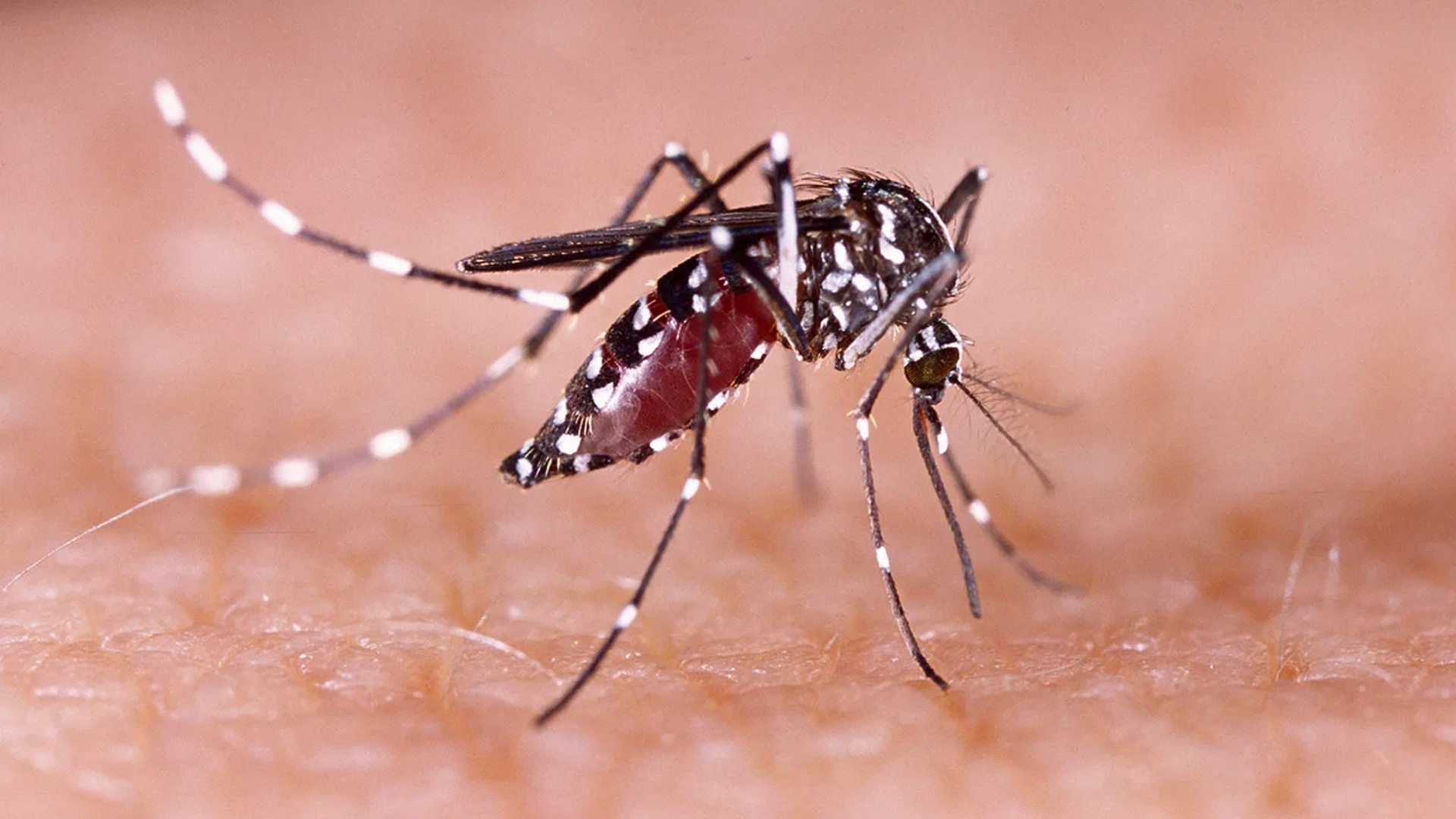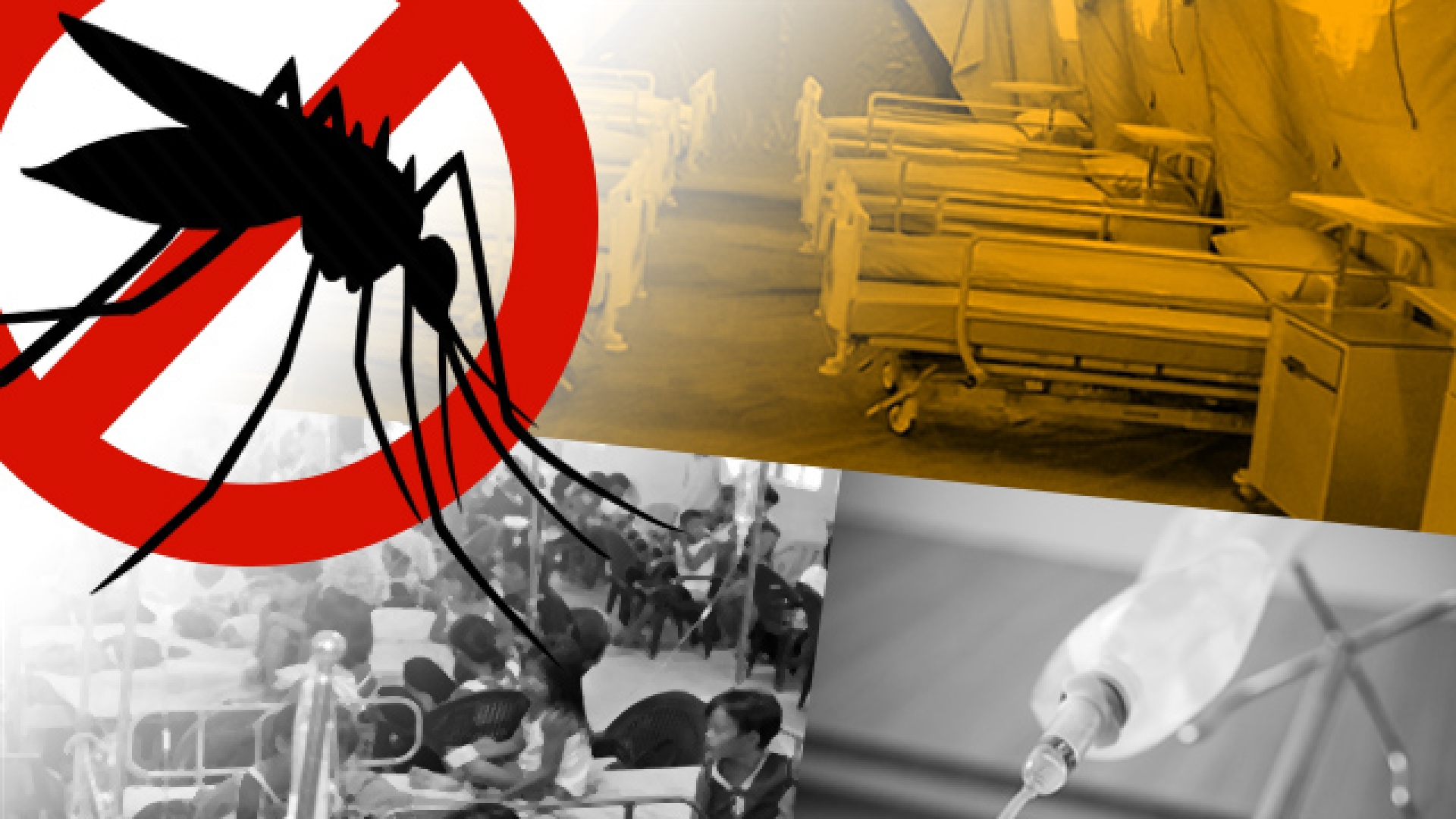Scientists from UP Baguio help city executives monitor dengue cases.

The Baguio City Health Services Office and scientists from the University of the Philippines are working together to track dengue cases in the city, which have increased by 134% since June and call for stricter health regulations.
According to the CHSO, the number of instances has increased to an "alarming level."

Under the direction of scientist and UP professor Dr. Rizavel Addawe, together with many mathematics faculty members from UP Baguio, the dengue monitoring program analyzes raw data from the BCHSO and maps dengue incidence by barangay.
It would be simpler to see whether locations have a clustering of cases by mapping the data, according to Addawe's team member and math lecturer, Jhunas Viernes.
“When they see which barangays have a concentration or clustering of dengue, they know which places need medical interventions,” Viernes said in a recent interview.
Insecticides are needed in the barangays where dengue cases are clustering the highest, according to the BCHSO. The project's data assists in identifying regions that require cleaning efforts, adulticide, and larvicide to lower mosquito populations. The findings will be shared with Dr. Donnabel Tubera-Panes, the chief of Cesu, in an effort to strengthen local dengue preventive programs.
“That’s the trend from 2010 to 2022, with the peak usually around August or September. The information from that trend helps us prepare for this period where cases spike,” Marigmen said in a separate interview.
